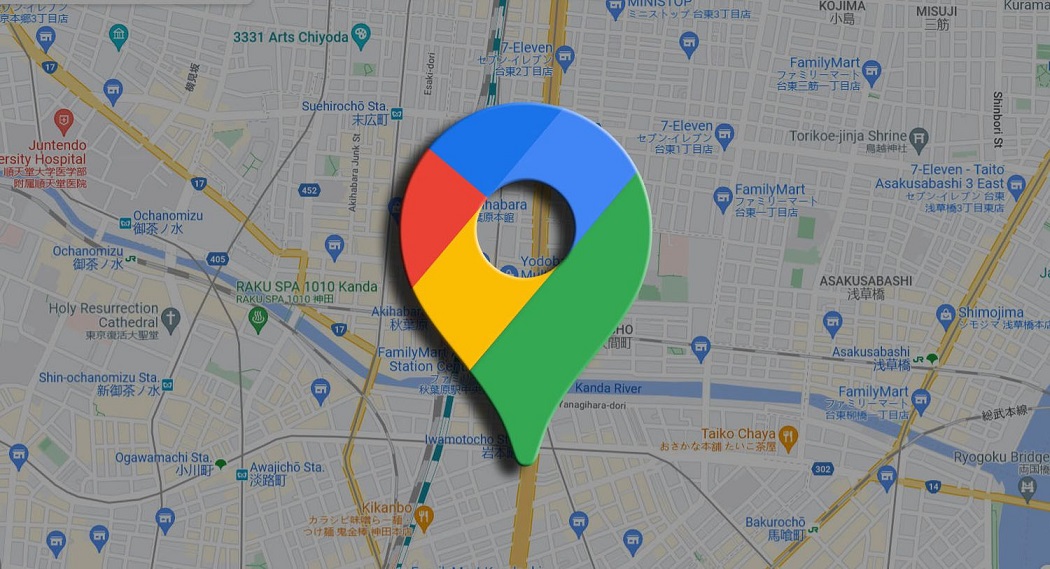
Google has announced a forthcoming update to its Maps application that will store users' location history locally on their devices instead of in the cloud. This substantial shift is designed to enhance user privacy and make it more challenging for law enforcement to access and utilize location data for investigations.
One of the contentious tools in law enforcement's arsenal is the "geofence warrant," which allows authorities to collect data from tech companies on mobile phones that have passed through specific areas during designated time periods. Notably, the FBI has utilized geofence warrants to gather information about events such as the Black Lives Matter protest in Seattle, using it as part of an investigation into attempted arson.
The use of geofence warrants has raised privacy concerns, as it can potentially turn anyone present at the scene of an alleged crime into a potential suspect. Google has been under pressure for years to address these concerns and alter the way it stores users' location history. The upcoming update to Maps is seen as a significant step in responding to these privacy issues.
According to Forbes, an unnamed Google employee, not authorized to speak publicly, stated, "Google made the move to explicitly bring an end to such dragnet location searches."
Marlo McGriff, Director of Product at Google Maps, affirmed the company's commitment to user data control, saying, "We're always working on ways to give people more control over their data." The changes were detailed in a recent Google blog post.
The modification primarily affects the Timeline feature in Google Maps, which stores the locations users have visited. While location history is turned off by default, users who opt to enable it typically had their information stored in the cloud. This cloud storage made it possible for law enforcement to request data through geofence warrants. However, with the upcoming update, location histories will be stored locally on users' devices, making aggregate data less accessible to law enforcement.
Google has assured users that they will receive notifications when the update is applied to their accounts. The transition will occur gradually over the next year for both Android and iOS versions of the Google Maps app. As part of the update, the auto-delete settings, previously defaulted to 18 months, will now default to three months. Users who wish to retain their location data when changing phones can back it up to the cloud, with Google automatically encrypting the data.
While any tech company may be subject to a geofence warrant, Forbes notes that Google is the primary target of such warrants. Last year, Democrats sent a letter to Google CEO Sundar Pichai, urging the company to cease the unnecessary collection and retention of customer location data. The letter specifically referenced 11,554 geofence warrants received by Google in 2020, expressing concerns about potential misuse in targeting individuals visiting abortion clinics during a legal crackdown on the procedure.